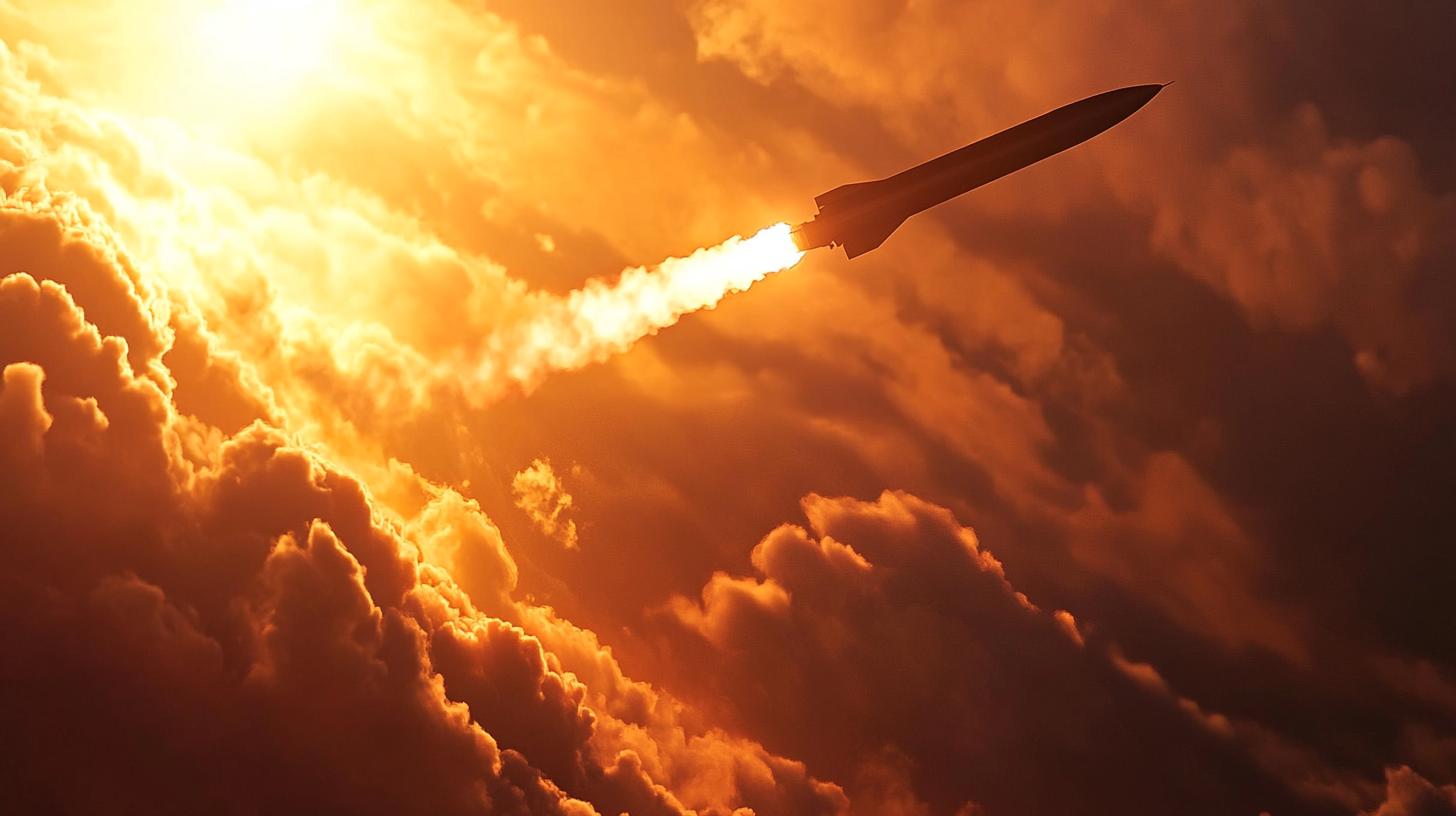In a recent turn of events, Russia claimed to have intercepted a barrage of missiles from Ukraine. The Russian Defense Ministry acknowledged the incident, announcing that their air defense systems neutralized eight ballistic missiles, but remained reticent about the specifics of the missile type or exact location of the interception. This episode could indicate a repeat use by Ukraine of long-range weaponry supplied by Western nations.
Speculations have arisen regarding the nature of the weaponry employed. Reports from Ukrainian media, specifically the outlet Militarnyi, allege that Ukraine utilized ATACMS ballistic missiles, outfitted with cluster warheads, targeting an airfield in Russia’s Kursk region. Initial analyses suggest that these missiles detonated in an area designated for aviation equipment, though it remains unconfirmed whether any aircraft were present at the time.
Resonance in the Blogosphere
The missile strikes have sparked conversations online, with Russian military bloggers acknowledging the high-stakes interaction. Notably, Ilya Tumanov, a prominent Russian figure, reported on his channel that while eight missiles were launched, only seven were intercepted. Tumanov clarified that “interception” implied attempts, rather than definitive neutralization.
This event coincides with escalating tensions between Moscow and Ukraine’s Western allies. Following the approval from the US, Ukraine has been authorized to conduct strikes on military assets within Russian territory. This move, alongside other military aid from Western allies, has intensified the geopolitical conflict, heightening global attention on the ongoing skirmishes.
Unveiling the New Era of Missile Defense: Technological Breakthroughs and Global Implications
Advancing Defense Systems: A Double-Edged Sword
The recent claims from Russia about intercepting Ukrainian missiles have underscored significant advancements in missile defense technology. But what does this mean for the future of international relations and technological development? While the Russian Defense Ministry remains tight-lipped about the specifics, the incident highlights several crucial dynamics at play in modern warfare and its ripple effects on humanity.
Technological Progress with Complex Repercussions
The interception of missiles illustrates the growing sophistication of air defense systems, serving as a testament to technological progress. These systems, designed to detect, track, and neutralize incoming threats, are becoming ever more reliable, hinting at a future where nations could protect themselves against increasingly complex threats. However, the rapid evolution of such technology brings about its own set of challenges:
– Advantages: Enhanced missile defense systems could potentially save lives by preventing attacks and providing nations with a higher sense of security. This technology is pivotal in protecting critical infrastructures and populations from hostile actions.
– Disadvantages: The arms race could escalate as nations strive to outdo each other in defense capabilities, leading to increased military spending and tension. The use of advanced technology also raises ethical questions about the militarization of technology initially designed for peaceful purposes.
How Does This Affect Humanity?
The integration of highly sophisticated defense systems could dramatically alter the landscape of modern conflict. With relationships between some nations already frayed, such technological capabilities could be a catalyst for peace or further division. The question remains: will these advancements lead to stability or escalate tensions?
– Potential for Peace: If used wisely, such technologies can act as deterrents against aggressors, potentially averting conflicts before they start.
– Risk of Escalation: On the flip side, the proliferation of these technologies may encourage nations to adopt more aggressive stances, knowing they have the means to counterattack effectively.
Interesting Facts and Controversies
– Debates Over Usage: There is an ongoing debate about whether the deployment of these systems promotes or undermines global peace efforts. Critics argue that it shifts focus from diplomatic solutions to military actions.
– Evolution of Warfare: The development of defense systems mirrors the evolution of offensive weaponry. As offensive capabilities advance, so too must the defenses, creating a continuous cycle of technological advancement.
Questions That Arise
– Could enhanced missile defense systems encourage further weaponization by encouraging nations to invest in more advanced offensive weapons? This remains a significant concern, as history has shown a trend towards armament over disarmament.
– Is there a way to strike a balance between technological progress and ethical responsibility in the realm of national defense? The international community faces a critical juncture in addressing this issue.
As we navigate these complex dynamics, it is essential to consider the broader impact on society, technology, and global politics. The developments in missile defense systems reveal much about the direction humanity is heading, offering a glimpse into a future where technology plays an even greater role in the balance of power.
For more information regarding international affairs and defense technologies, you may visit BBC News.







